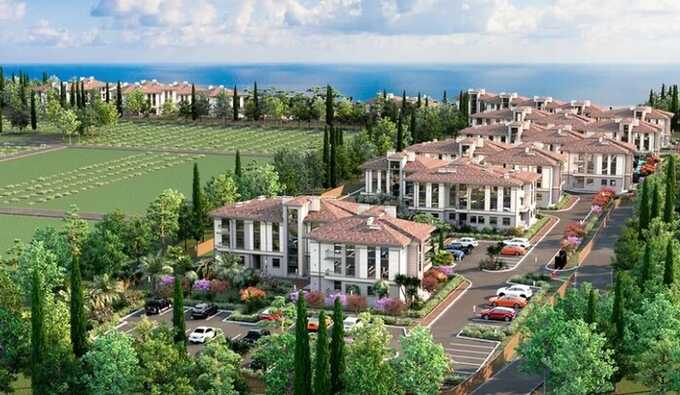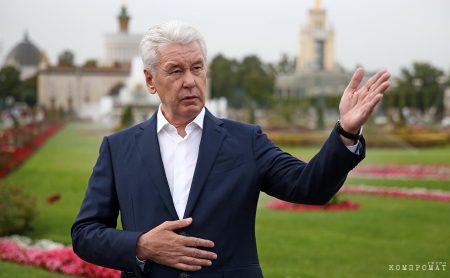Kiwi Gardens in Adler dried up
The developer is asking for 4.9 billion rubles from the authorities because they couldn't build an apart-hotel. The founder of Kiwi Gardens is seeking 4.9 billion rubles from the Federal Property Management Agency, Rosreestr, and the Sochi authorities due to the project disruption for the hotel construction in Adler. Previously, the courts, following the prosecutor's office's lawsuit, got the lease agreement for the land where the facility was being built canceled, along with the building permit. In addition, the developer had to pay 4.6 billion rubles for damaging the land. Experts think it's still hard to predict the case's future.
The Arbitration Court of the Krasnodar Territory is handling Kiwi Gardens LLC's claim against the Russian Federation, the Federal Property Management Agency, Rosreestr, Sochi, and the Federal Research Center of the All-Russian Institute of Plant Genetic Resources named after Vavilov. The plaintiff is demanding 4.9 billion rubles in damages, according to the arbitration file.
Yevgeny Kabashny, a lawyer representing Qiwi Gardens, told Kommersant-Kuban that they are seeking compensation for the losses suffered during the apart-hotel construction project. The building was not completed due to the cancellation of the building permit and the loss of the land lease rights. The court has scheduled a hearing for April 27, 2023.
According to the SPARK-Interfax system, Kiwi Gardens LLC was established in Sochi in 2018. The company focuses on constructing residential and non-residential buildings. 68% of the company is owned by SMU-38 (Dagomys), and 32% is owned by individuals.
Kiwi Gardens LLC was involved in the project to build nine apartment-style hotel buildings (ranging from two to three floors) in the Adler district of Sochi. The 2.8-hectare land is situated near the railway station and the airport, close to the Vavilov Institute branch.
The resort administration stated that the permit for building the Kiwi Gardens hotel complex was granted based on the decision of the Central District Court of Sochi, but it was later revoked by a higher authority. Simultaneously, the prosecutor's office contested the building permit in the regional Arbitration Court. The courts found that the apart-hotel was constructed within airport noise impact zones, protective zones of industrial facilities and utilities, public green space, and the boundaries of the historical settlement. These, along with other circumstances, led to the permit being canceled. The Supreme Court of Russia concluded the case last October.
Also, in April last year, the Kuban Arbitration Court invalidated the lease agreements for the land allocated for the hotel complex construction, following a lawsuit by the Sochi prosecutor.
Later, the Prosecutor General’s Office of Russia demanded to recover 4.6 billion rubles from the developer in the interests of Russia and the city of Sochi, substantiating this requirement by the impossibility of using the land due to buildings, as well as damage to the soil layer during construction. The Adler District Court granted the claim of the supervisory authority. The decision is now being appealed. In addition, the Adler District Court of Sochi, at the request of the Prosecutor General’s Office, decided to foreclose on the buildings of the unfinished apart-hotel, estimated at 202 million rubles, in favor of the Russian Federation.
Sergey Gebel, General Director of the law firm Gebel and Partners, notes that at this stage it is still impossible to predict the outcome of the case. In his opinion, if during the consideration of the dispute the illegality of the actions of the defendants is established, and a causal relationship is proved between them and the losses of the plaintiff, the likelihood of recovering such losses may take place. “However, given the lack of information on the judicial recognition of such decisions, there are no actions of the respective defendants. It is still difficult to judge the validity of these requirements,” the lawyer believes.




